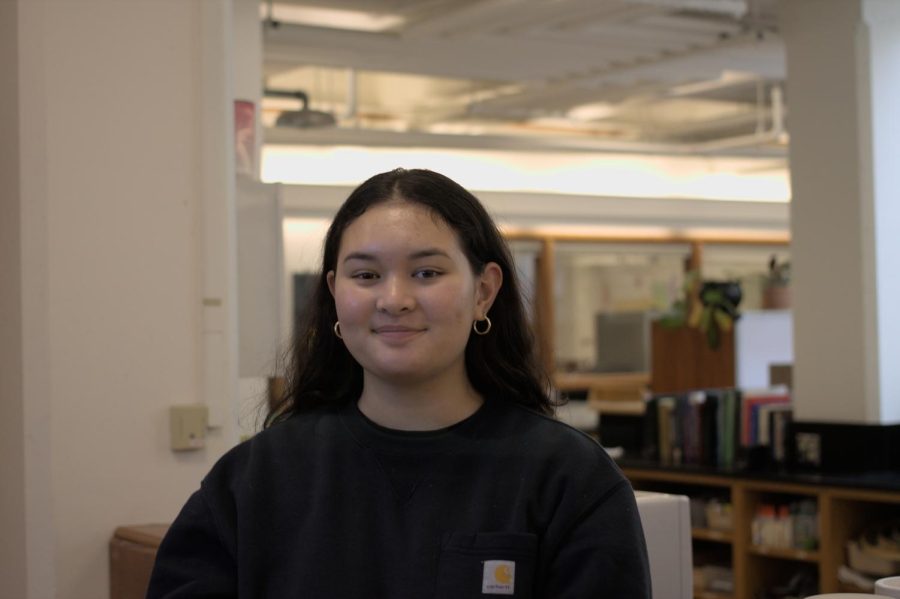New Name, New Sense of Purpose for Indigenous Student Alliance
Recently, NASA (Native American Student Alliance) changed its name to Indigenous Student Alliance or ISA. The name change is one of many shifts that ISA will take on this new school year. When asked about the change, ISA leader Avery K. ’23 explained that, in the past, students with Indigenous identities from near the Canadian border, in Alaska, or in Hawaii have hesitated to join when they didn’t technically fit the “Native American” descriptor: “We wanted to use Indigenous as a more inclusive term,” she said.
As one of the smaller SALT groups due to low numbers of Indigenous students at Lakeside, ISA hopes to expand their group this year. “In the past, the club has been more community-based,” Avery noted, “but because there aren’t a lot of Native students at Lakeside — I think it’s literally five to seven people, excluding myself — we want to be more action-based.” This would mean incorporating more field trips and service learning projects for both Indigenous and non-Indigenous students.
Former NASA leader Ravi S. ’17 also described the club’s past as focusing on community and culture: “I remember this feeling that a large part of the club would be making Native American and Indigenous culture more widely known and seen at Lakeside because, at that point, it really wasn’t a large part of even the history classes.”
Like Avery, Ravi had to consider the small scope of Lakeside’s Indigenous community. However, instead of action-based projects, he hoped to bring more members to the club through cultural events that “would really need to appeal to the larger community.” Some of the moments he recalls are paddling into Elliott Bay in an Indigenous canoe, eating frybread at meetings, and hosting a reunion for the middle school’s GSL Makah participants.
Beyond these projects, Ravi spoke of broader goals he held for the club’s future. For example, with more time, he would have wanted to increase the group’s interactions with Seattle’s Native communities. This way, Lakeside’s visibility among Native students would improve, and more would realize the school was an option for them. Ravi added, “Lakeside is supposed to instill a sense of global citizenship, but I felt like even with that, there wasn’t much attention paid to the immediate surrounding community.”
After discussing his ideas on the club’s future, Ravi paused. “I was actually kind of surprised that NASA’s still going,” he admitted.
But today, Avery continues the club and unintentionally carries many aspects of Ravi’s vision out. After hearing Ms. Counsell-Torres propose service projects in collaboration with SALT groups, Avery hopes to begin a deeper partnership with the service program in the greater Seattle area — one that will continue in the future. She plans for the club to leave campus to interact more with Seattle’s Native communities, furthering members’ understandings of their local surroundings.
Avery elaborated on her decision to strengthen the club’s service aspects: “I recognize that building communities for Native students at Lakeside is important, but I also think the aspect of ISA being an alliance is [essential]. [For example,] it’d be cool if we could do service, but service with four members who identify as Native isn’t going to have such a large impact.”
Avery shared that ISA has looked different every year. “[No ISA traditions] have ever really stuck.” She continued, “Because we’re so small, we have the freedom to not stick to tradition as much.” But hopefully, both her and Ravi’s ideas will push on for many years into the club’s future.
Today is gonna be the day that we talk about Estelle Lee,
She's the managing editor, planting the journalism seed.
I'm sure you've heard her name,...

